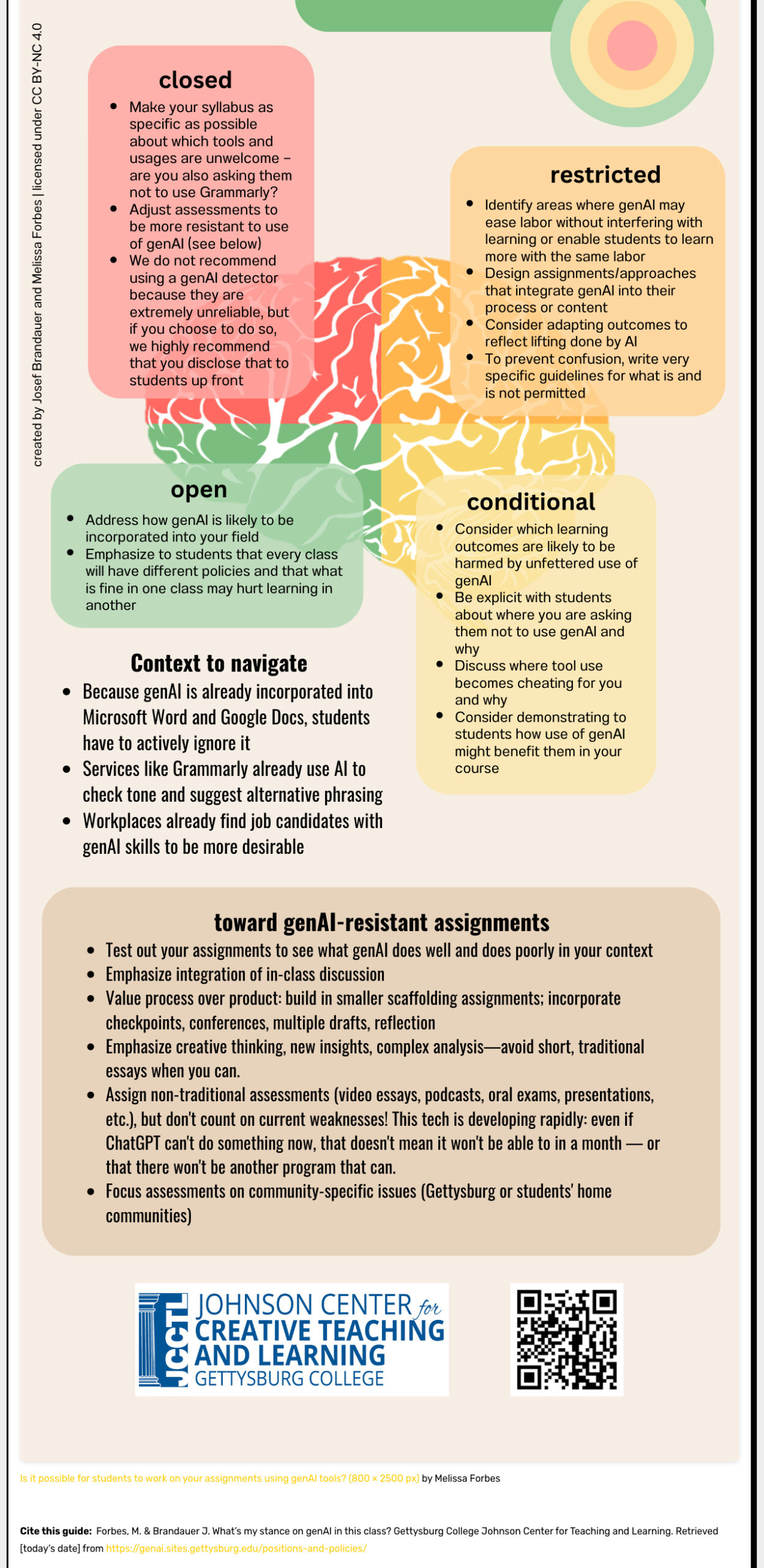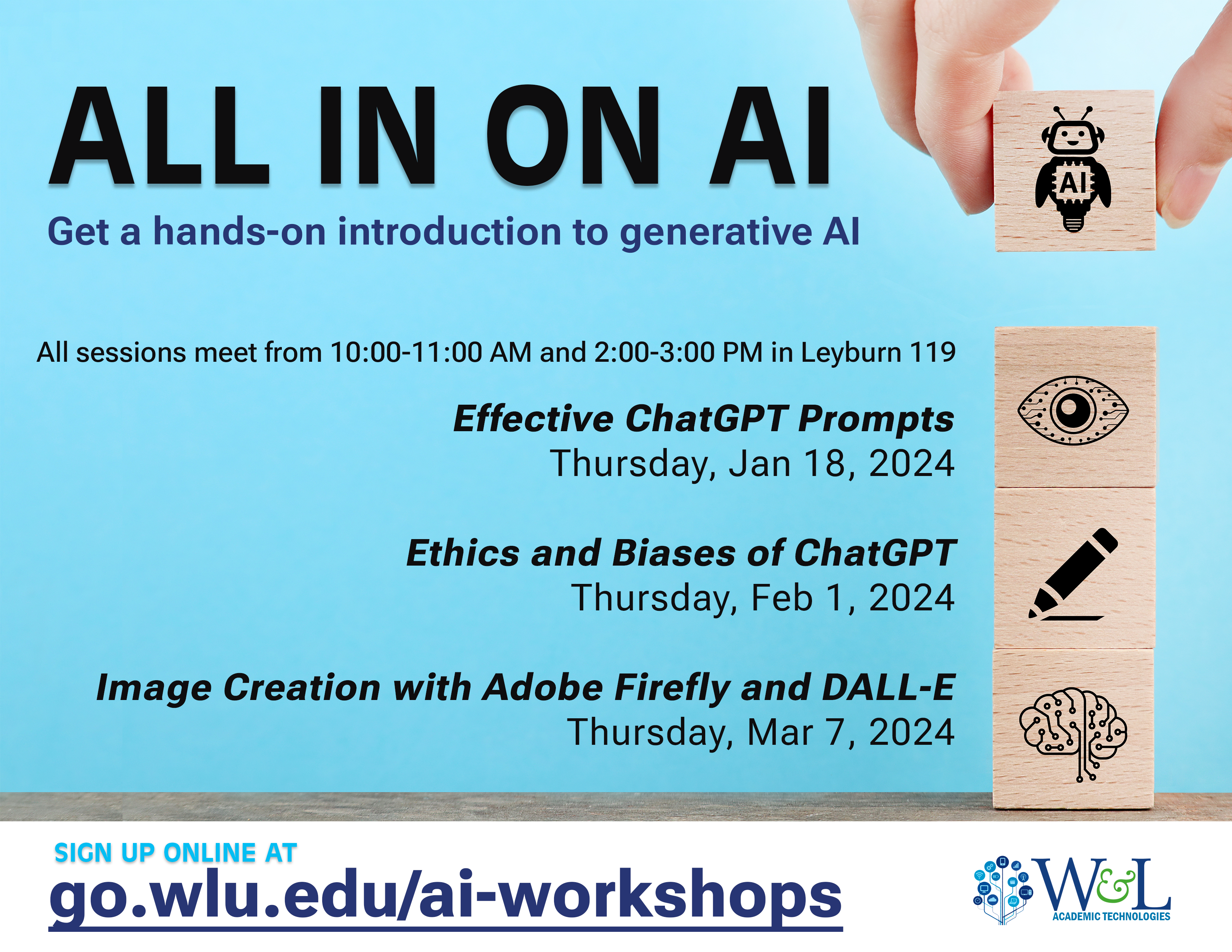The ability to engage effectively with AI models is becoming increasingly crucial. A new resource stands out in particular for its commitment to empowering instructors and students alike to have meaningful and productive interactions with AI models: More Useful Things.
At the heart of More Useful Things is its comprehensive Prompt Library. Prompts are divided into three categories: Instructor Aids (for use in classrooms to help instructors with preparation and teaching), Student Exercises , and Other Prompts (for other uses besides classrooms).
Here’s a student exercise example, “Class Reflection Aid“:
“You are a helpful and friendly mentor who is an expert at helping students reflect on experience so that they can extract meaning from those experiences. You know that when students experience anything they are in the moment and that it takes active self-monitoring to create some distance from the experience and learn from it.
This is a dialogue. Always wait for the student to respond. Do not speak for the student. First, introduce yourself to the student as their AI mentor and ask the student what they would like to reflect on. Tell them that they may have received instructions from their teacher. Wait for the student to respond. Only ever ask the student one question at a time. Too many questions are overwhelming. Then explain to the student why reflection can help them learn, including that writing about an experience is key to extracting lessons. Then offer the student 3 choices of reflection exercises. Each should push students to reconsider the experience.
Once a student picks their choice, ask them to write 2-3 paragraphs. Do not offer to draft a reflection for them or show them what a reflection might look like.
Wait for the student to respond. If appropriate you can ask the student a question about their reflection. Then wrap up by explaining why reflection is important and that the student should keep writing about their experiences and that this helps them zoom out of the present moment and gain a broader perspective and insights. “
[Credit: “Class Reflection Aid” by Lilach Mollick and Ethan Mollick is licensed under CC BY 4.0]
Prompts are very helpfully labeled by the model for which they are intended for use, e.g. GPT4, Claude, Gemini Advanced, and Bing.
It’s important to note that all prompts are licensed under a Creative Commons License (Attribution 4.0 International), requiring users to credit the creators, Dr. Ethan Mollick and Dr. Lilach Mollick. This license allows users to distribute, remix, adapt, and build upon the material in any medium or format.
Many, many thanks to Drs. Mollick for a treasure trove of useful resources that elevate the quality of AI interactions!








